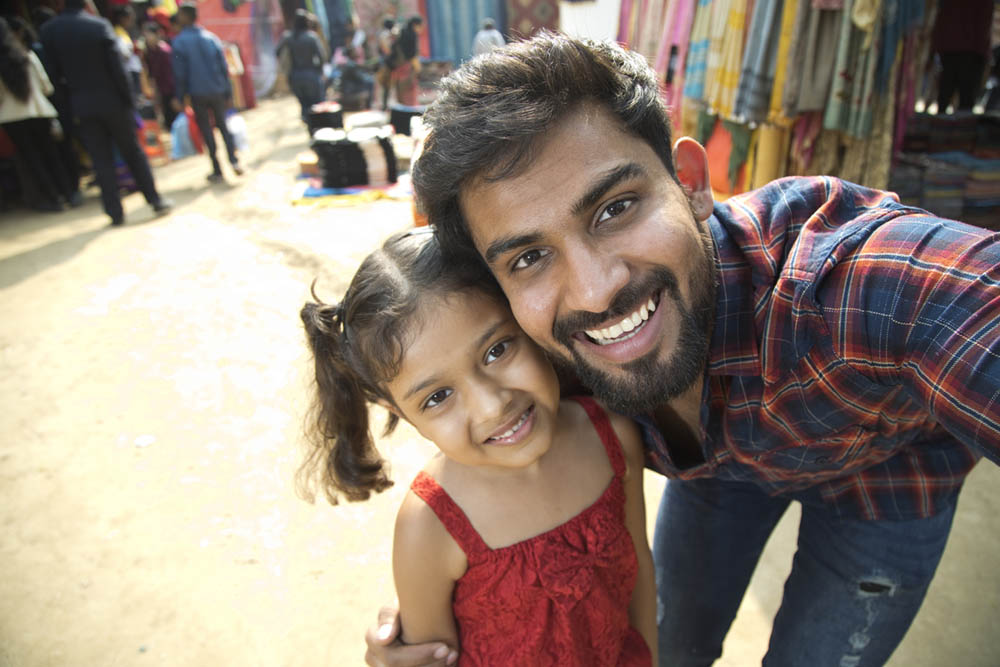Visiting Friends or Relatives

People who travel from their country of residence (a high-income country) and return to his or her home country (low- or middle-income country) to visit friends or relatives are called VFR travelers. VFR travelers may have different experiences from tourists because they usually stay for a longer period of time, eat local food, and interact with people in the local community. These activities can put VFR travelers at higher risk for certain diseases. If you are planning VFR travel, follow CDC’s steps below to stay safe and healthy.
Before Travel
Even if you traveled to another country to visit your friends or relatives in the past, there may be vaccines, medicines or other health precautions you need to take for your next trip. Take the following steps to prepare for your trip.
Check CDC’s destination pages for travel health information. Check CDC’s webpage for your destination to see what vaccines or medicines you may need and what diseases or health risks are a concern at your destination.
Make sure you are up to date with all of your routine vaccines.
Make an appointment with your healthcare provider or a travel health specialist that takes place at least 4-6 weeks before you leave. They can help you get destination-specific vaccines, medicines, and information. Discussing your health concerns, itinerary, and planned activities with your provider allows them to give more specific advice and recommendations.
Make sure to bring a copy of your official immunization records with you when you travel.
Common Diseases and Illness among VFR Travelers
Malaria
Many VFR travelers assume they are immune to malaria if they were born or lived a long time in a country with malaria, but immunity can decrease after a person moves away. In some instances, VFR travelers have died of malaria after they returned to the United States.
If you are traveling to a country with malaria, talk with your health care provider about malaria prevention medication. Because you need to start taking malaria pills before you leave the United States, do not wait until you are in the country to purchase malaria medication. Visit CDC’s Malaria webpage for more information..
Take recommended medicines as directed. If your doctor prescribes medicine for you, take the medicine as directed before, during, and after travel. Counterfeit drugs are common in some countries, so only take medicine that you bring from home and make sure to pack enough for the duration of your trip, plus extra in case of travel delays. Learn more about traveling abroad with medicine.
Foodborne and diarrheal illness
VFR travelers may be more likely to get foodborne and diarrheal illnesses because of the places they visit and foods they eat. Generally, food that is cooked and served hot is safe to eat, and beverages from sealed containers are safe to drink. Avoid food served at room temperature, raw fruits, or raw vegetables (unless they can be peeled), tap water, and ice made from tap water. Wash your hands with soap and water. If soap and water are not available, use hand sanitizer containing at least 60% alcohol. See CDC’s webpage Choosing Safe Food and Drinks While Traveling for more information.
Hepatitis A and Typhoid fever
Some illnesses that often spread through contaminated food or drinks, such as hepatitis A and typhoid, can be prevented by vaccination. Ask your health care provider about getting vaccinated before traveling.
Waterborne Illnesses
VFR travelers may be exposed to contaminated or unclean water. When this water is used for drinking, cooking, washing food, preparing drinks, making ice, or brushing teeth, it can make you sick with diarrhea, vomiting, and stomach pain. When you swim or wade in this water, you can become ill. Learn how to avoid contaminated water during travel.
After Travel
If you traveled and feel sick, particularly if you have a fever, talk to a healthcare provider and tell them about any areas you recently traveled to.
If you need medical care abroad, see Getting Health Care During Travel.
More Information
- Visiting Friends or Relatives in CDC Yellow Book
- Food and Water Precautions in CDC Yellow Book
- Water Disinfection in CDC Yellow Book